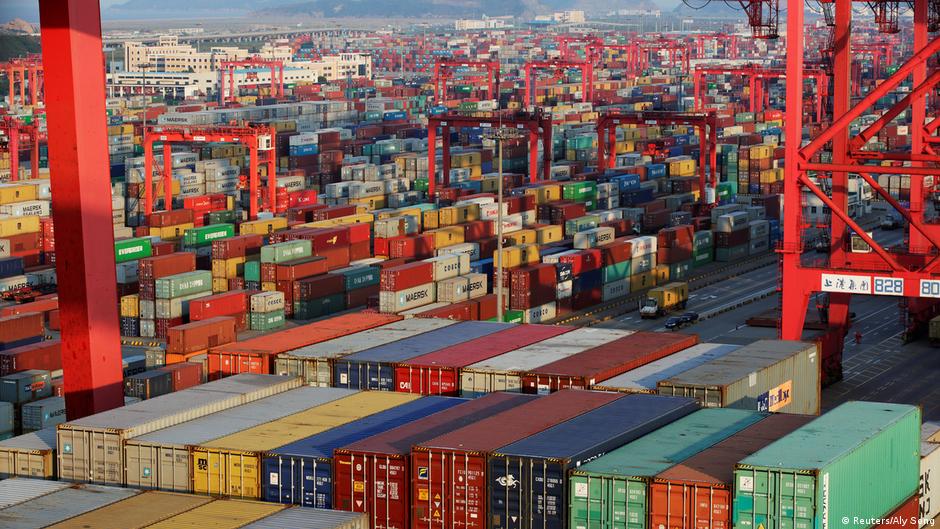By Joshua Wong and Jeffrey Ngo, originally published in Chinese on The Initium in 2016. Translated by Jeffrey Ngo.
44 years ago last week, the United Nations General Assembly adopted Resolution 2908 by a 99:5 vote. Among its effects were the removal of Hong Kong and Macau from the U.N. list of Non-Self-Governing Territories. Consequently, the peoples of Hong Kong and Macau – as colonised peoples – lost their right to self-determination granted by the U.N.’s 1960 “Declaration on the Granting of Independence to Colonial Countries and Peoples.”

A United Nations session. File Photo: Wikicommons.
In an op-ed in Ming Pao last month, the Chinese Foreign Affairs Ministry in Hong Kong interpreted this episode as 99 U.N. member states agreeing that “Hong Kong did not fall within the ambit of colonisation.” U.N. documents from 1972 associated with this resolution, however, indicate that this view is extremely misleading.
So what actually happened?
China’s demand
Less than four months after the People’s Republic of China formally became a U.N. member state in November 1971, Huang Hua, its ambassador to the U.N., rushed to issue a letter (File A/AC.109/396) to the Special Committee on Decolonisation that expressed strong opposition to the U.N.’s classification of Hong Kong and Macau as colonies.
Hong Kong and Macau were instead “part of Chinese territory occupied by the British and Portuguese authorities,” Huang declared unilaterally. “The settlement of the questions of Hong Kong and Macau is entirely within China’s sovereign right… The United Nations has no right to discuss these questions.”
In response, the chairman of the committee assented to China’s demand by giving recommendations to the General Assembly through the committee’s annual report of 1972 based exactly on Huang’s letter.
Official records
Yet this committee report of 1972 (File A/8723/Rev.1) had five volumes totalling 1,198 pages, of which only paragraph 183 in page 64 of volume I mentioned the question of Hong Kong and Macau – this is undoubtedly a very trivial part of the entire document. Moreover, because periodical reports of this nature intended only to record and cover the work of each committee, they usually received negligible attention from the General Assembly, which seldom had any reason to veto them.

PRC delegate seated in the UN in 1971, including Permanent Representative to UN Huang Hua (centre). File Photo: UN.
More importantly, the General Assembly had just been drafting a resolution on decolonisation at the time the report was submitted. Upon acknowledging the committee’s work in section 2 of the resolution, passing its annual report as a procedural convention was included in section 3, which altogether was subject to a single vote.
This resolution, numbered 2908 and entitled the “Implementation of the Declaration on the Granting of Independence to Colonial Countries and Peoples” (File A/RES/2908(XXVII)), happens to be the one mentioned in the beginning of this article. As its name suggests, the 18-section resolution aimed to support the U.N. in further accelerating global decolonisation. Section 5 condemned colonialism, for example, while section 6 reaffirmed the U.N.’s “recognition of the legitimacy of the struggle of the colonial peoples and peoples under alien domination to exercise their right to self-determination and independence by all the necessary means at their disposal.”
Historical mistake
It is manifest, based on verbatim records of the plenary meetings in which the resolution was discussed, that most – if not all – representatives of member states who voted for the resolution did so because they wished to see without delay the liberation of colonised peoples; it was not a vote on Huang’s demand.

Photo: GovHK.
There are good reasons, in addition, to doubt whether these representatives were even aware of such controversy at the time they cast their vote: first, the question of Hong Kong and Macau was tremendously obscure in the report, which contained over a thousand pages; second, the report itself was not the main point of the resolution.
Precisely because whether Hong Kong and Macau should be removed from the U.N. list of Non-Self-Governing Territories had not been brought up as the basis of a separate resolution, the General Assembly never adequately debated and voted on it, ultimately leading to the historical mistake in 1972.
Flagrant distortion of history
That Hong Kong and Macau continued to be British and Portuguese colonies, respectively, for the next 25 and 27 years is an indisputable reality with wide international consensus. This fact is unrecognised only by China and the U.N., whereas Britain and Portugal as suzerain powers do not dare to dispute it. As a result, the people of Hong Kong and Macau had lost a voice in their own future.
Either way, it is a flagrant distortion of historical facts for China today to imply deliberately that 99 member states were opposed to the peoples of Hong Kong and Macau exercising their right to self-determination on November 2, 1972, when in fact those 99 member states had basically voted for the exact opposite – in support of Non-Self-Governing Peoples to exercise their right to self-determination.
Understanding this episode is pivotal to understanding the ongoing self-determination movement in Hong Kong.
Joshua Wong is the Secretary-General of the Demosistō party. Jeffrey Ngo is a master’s student of Global Histories at New York University.
https://www.hongkongfp.com/2016/11/08/china-stripped-hong-kong-right-self-determination-1972-distorted-history/


